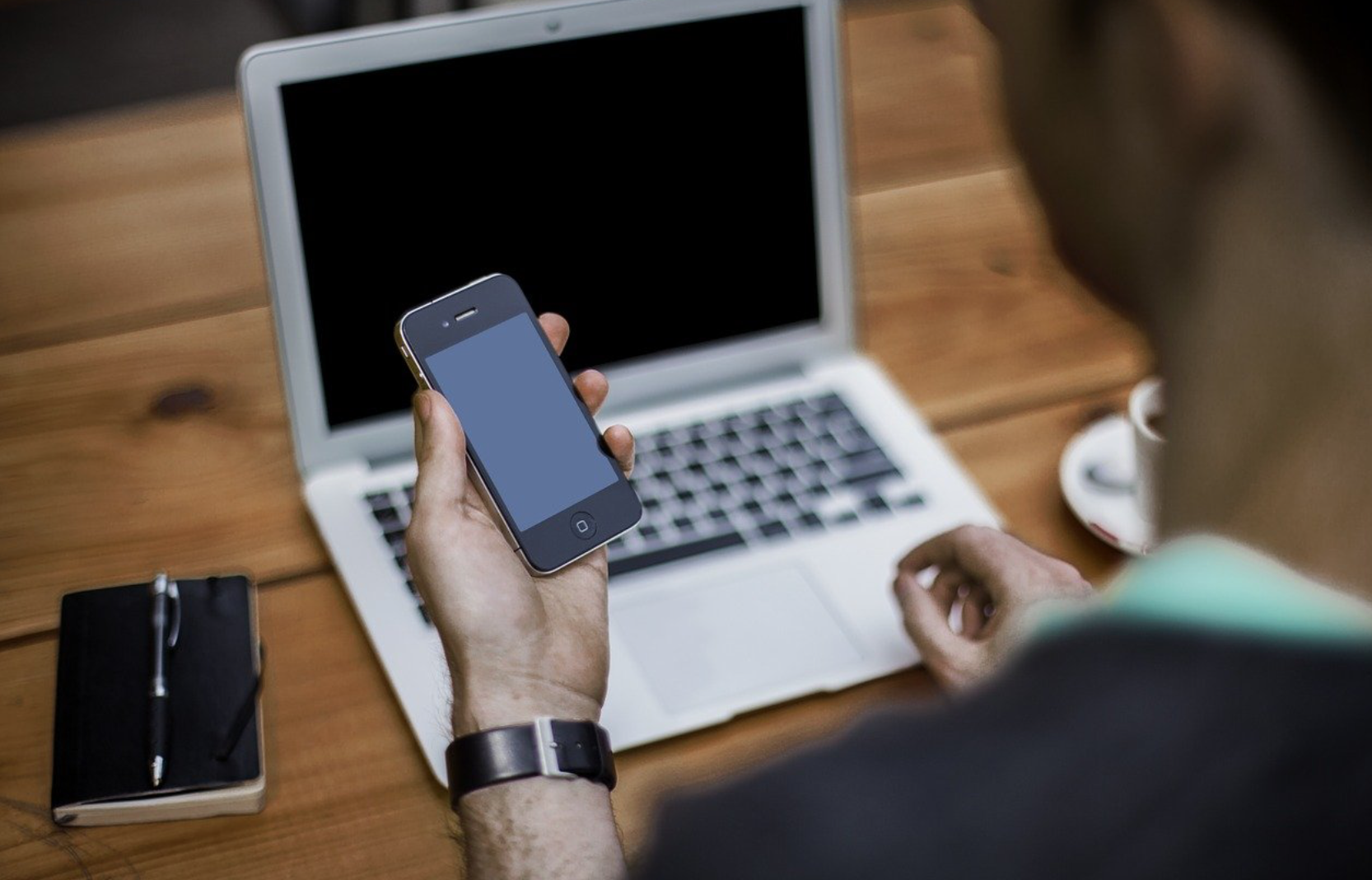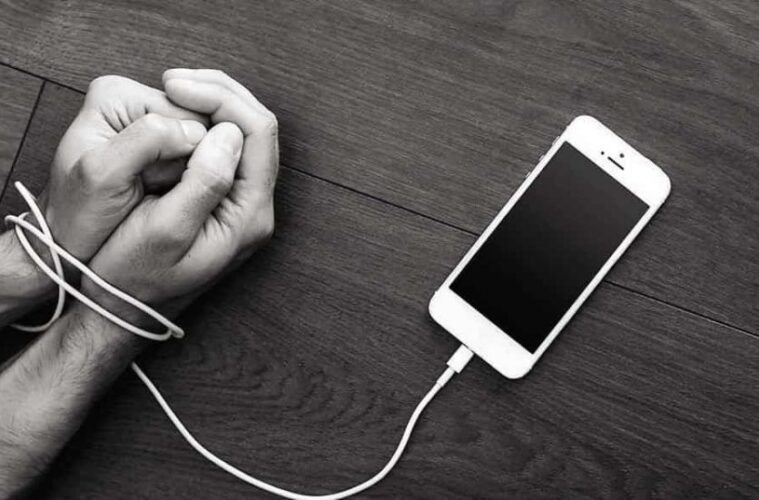With the Labour Day Weekend fast approaching, we are entering the last days of Summer. I always think of this time in August as the “Sunday” of the calendar year, you want to take it easy, relax, have some fun all while knowing that the “return” is imminent.

With so many of us working remotely, the divide between work and personal life has become increasingly blurred making the true feeling of disconnection while on vacation more challenging than before. Thing is – no matter what your job is, whether you are an employee, an entrepreneur, or in the process of growing your side hustle, you need a break to rejuvenate and refresh.
Taking a break and disconnecting has immeasurable personal benefits from the obvious improved mental health, a boost in happiness, a decrease in stress, improved family and friend relationships, and greater overall wellbeing. Professionally all of those personal benefits drive down your risk of burnout and frankly increase your mental motivation and productivity when you return.
Here are my Top 5 Tips to Actually Disconnect this Long Weekend:
Start to prepare for vacation a few days before you leave the office. If there are emails you’ve been meaning to reply to or loose strings from long-running projects, deal with them before you even begin packing. If you don’t they will stay in the back of your mind when you’re away. If there are projects that you can’t complete before you leave, create a plan and schedule their completion upon your return, this way if they creep into your mind while you’re away you can tell yourself ‘I don’t need to think about this I have a plan,’ and move on to enjoying your time away. In addition to winding things down, plan your return. Don’t schedule a ton of meetings for the first day back—that will just make the end of vacation like the ultimate ‘Sunday Scaries’ and you may even be tempted to get a head start sorting through all the emails. Carve out a few hours on your first day back to just catch up, put it in your calendar so others can’t book you.
Get clear with your colleagues about your vacation and support each other in disconnecting from work. This is so, so key. Many people feel anxiety when they are away or a pressure to work because they feel like another colleague is or even more pressure when they know their boss is. If you’re in leadership, bringing in vacation guidelines such as: do not reply to colleague emails while away, clearly defining what an “emergency” is and who is in the chain of responsibility, and sharing how you are disconnecting and the value of doing so will go a very long way. It’s the old adage of Monkey See, Monkey Do. If you’re an employee, help and support your colleagues by encouraging them to disconnect and by asking yourself when someone is away ‘Can this wait until they are back?’ or ‘Is there someone else I can go to?’. At the end of the day, clear is kind, unclear is unkind, and assuming that your colleagues or employees or even your boss are all on the same page without actually speaking about it is just setting yourself up for disaster. The key to a successful disconnect strategy is to not try to do it all on your own, but instead to also enlist support from your colleagues and those you are away with when you’re on vacation – more on that in the next tip.
Discuss your work boundaries and disconnection goals with the people you are away with, whether they are friends or family. This may not sound like fun or the way to get people ‘excited’ for being away with you but I promise it’s a great habit to establish and will guarantee a smoother and more fun time away for all. This may look like saying to your friends or family ‘I really need to disconnect and would prefer that we don’t talk about work on this trip. Please stop me if I start,’ or it may be getting clear that you will need to log on for a few hours one of the days away and that you ask that they respect that time without guilt or frustration for what you are doing and in return, you will be able to be in undivided vacation mode for the rest. This will hold you accountable for how you plan on spending your vacation with the support of those you’re away with.

Plan your tech. Ask yourself, ‘Do I really need my laptop for the three days away at the cottage?’ Sure it may be a way to watch a movie but someone else could bring an iPad or their personal computer. Do you need both your personal and work phone? If you follow step 2, you can get clear on this that you will not be bringing your work device and in an emergency, you must be contacted on your personal phone. If your phone serves as both your personal and work, this may look like deleting work-specific apps so you’re not tempted to fall into the habit of checking them like you would when you’re in work mode. If you’re the only one away this can also look like signing out of group chats as they will keep on going and can give you the anxiety of missing out. This also connected and brings us to the final and most important tip to disconnect.
DON’T SNACK ON EMAIL. I cannot stress this enough and you’re probably asking what is ‘snacking’ on an email? For many of us getting to “no unread emails” feels like a dopamine fix because responding to emails can be so addictive and gives us a feeling of achievement. I recommend taking extreme steps to avoid feeling tethered to email/work – whether that’s turning your phone WiFi or data off, turning your phone off except during certain times or physically putting a phone away to benefit from the ‘out of sight, out of mind’. Choose what best fits your disconnection goals. Whatever it is, the key is to avoid email snacking like the plague because email has become the ultimate tether to work, especially during these pandemic times and the remote work reality the majority of us are living.
These are my top tips for true disconnection from work when you’re away this long weekend. I promise work will be there when you return and the only thing you will miss out on will be the relaxation, memories, and good times of the final days of summer if you don’t commit and plan to disconnect. Like the electronics that run our lives, things work better if you unplug them once and while and restart.
Published by HOLR Magazine.


